
The penetration of the Internet in the consumers’ lives has brought radical changes in the international tourism market. In the past few years, more and more consumers in developed countries choose the Internet to make their reservations for holidays, an ‘unexpected’ development that has affected Cyprus. Although certain trends that concern incoming tourism may be related – to some extent – to the increased reservation via Internet, e-marketing will be the major issue of a special research by the Cyprus Tourism Organization which will be completed in autumn.
1 of 5 reservations via Internet
Unofficial sources reveal that reservations via Internet worldwide stand at 17% - 18%. More than that, 45% of the consumers that travel abroad gather information on the destination or the hotels that they have booked via the Internet, a STEK representative stated.
Although there are no official data about Cyprus, most organizations emphasize the importance of the Internet for incoming tourism. “The increasing trend for direct reservations to hotels has affected negatively the data for the reservations by tour operators in the UK, since they no longer register the direct reservations”, a CTO source said.
PASYXE, therefore, intends to create its own portal with the addresses of all members of the Association. “The Internet is mostly used by tourists of special interest, rather than those who want to experience the sea and the sun”, a PASYXE representative said.
Organized trips drop
Official data have showed that total tourist arrivals in 2004 have recorded a drop of 13% to 2.3 million against 2.7 million in 2001 and the number of ‘not organized” trips showed an increase of 21% to 808 thousand against 669 thousand in 2001. The number of “not organized” tourists might be indicative for the latest trends in the market. Despite the fact that in the past few years there is an ongoing decrease in the number of organized tourists, the stabilizing trends derive from “not organized” tourists. “It is noted that the term “organized tourist” refers to the purchase of a holiday package by a tour operator.
The tourist industry has also been affected seriously by the tourists’ shift to other types of stay. “Although in 2002 1,765 tourists spent their holidays in hotels or apartments, their number dropped to 1,694, while the total number of tourists with an alternative option increased from 653 to 655 thousand.
1 of 5 reservations via Internet
Unofficial sources reveal that reservations via Internet worldwide stand at 17% - 18%. More than that, 45% of the consumers that travel abroad gather information on the destination or the hotels that they have booked via the Internet, a STEK representative stated.
Although there are no official data about Cyprus, most organizations emphasize the importance of the Internet for incoming tourism. “The increasing trend for direct reservations to hotels has affected negatively the data for the reservations by tour operators in the UK, since they no longer register the direct reservations”, a CTO source said.
PASYXE, therefore, intends to create its own portal with the addresses of all members of the Association. “The Internet is mostly used by tourists of special interest, rather than those who want to experience the sea and the sun”, a PASYXE representative said.
Organized trips drop
Official data have showed that total tourist arrivals in 2004 have recorded a drop of 13% to 2.3 million against 2.7 million in 2001 and the number of ‘not organized” trips showed an increase of 21% to 808 thousand against 669 thousand in 2001. The number of “not organized” tourists might be indicative for the latest trends in the market. Despite the fact that in the past few years there is an ongoing decrease in the number of organized tourists, the stabilizing trends derive from “not organized” tourists. “It is noted that the term “organized tourist” refers to the purchase of a holiday package by a tour operator.
The tourist industry has also been affected seriously by the tourists’ shift to other types of stay. “Although in 2002 1,765 tourists spent their holidays in hotels or apartments, their number dropped to 1,694, while the total number of tourists with an alternative option increased from 653 to 655 thousand.


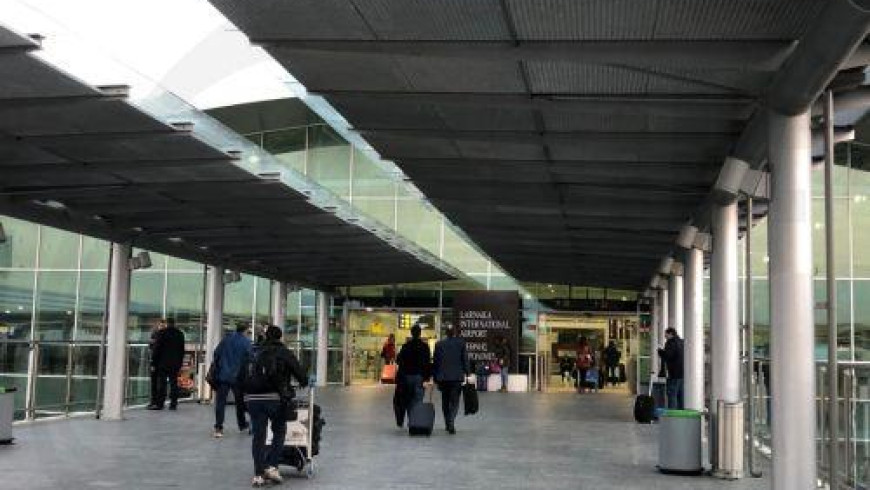
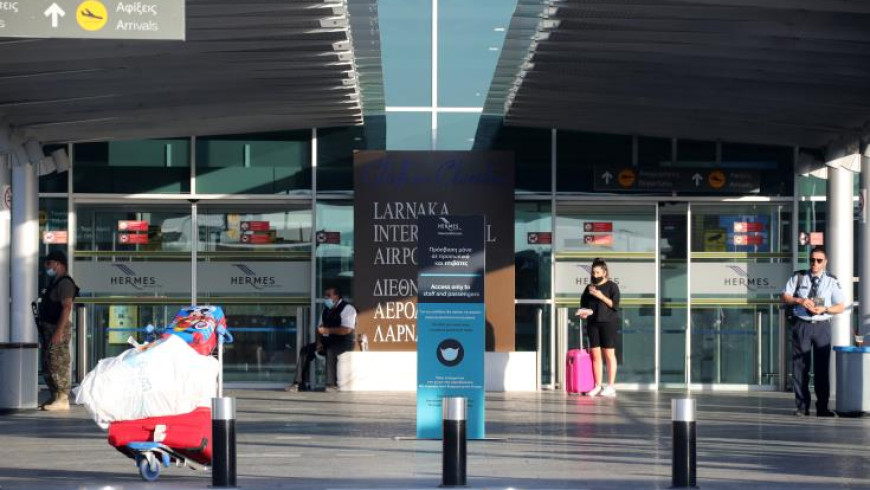
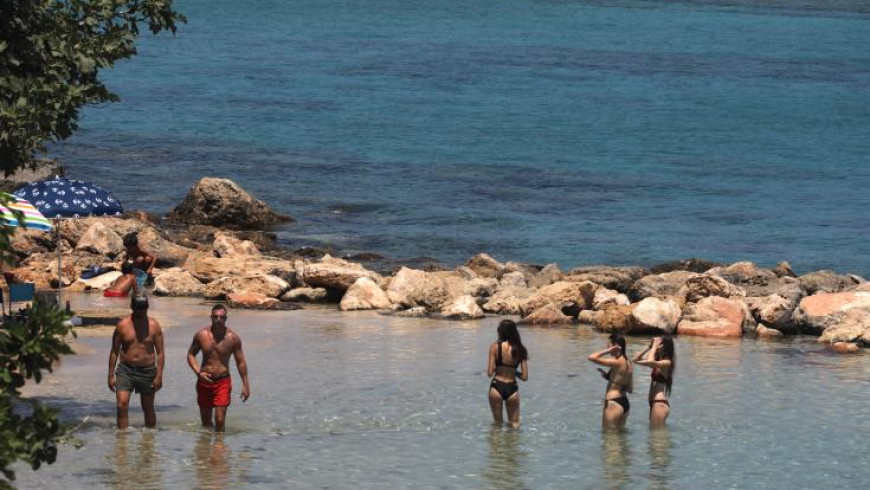
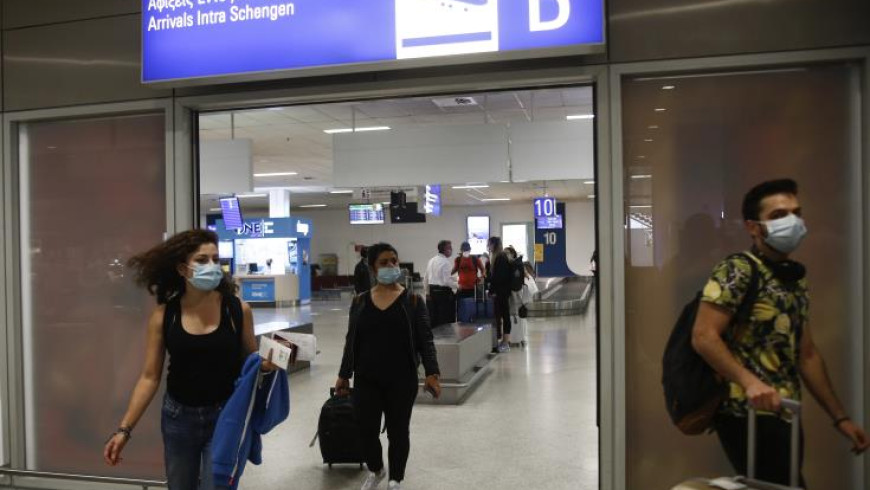
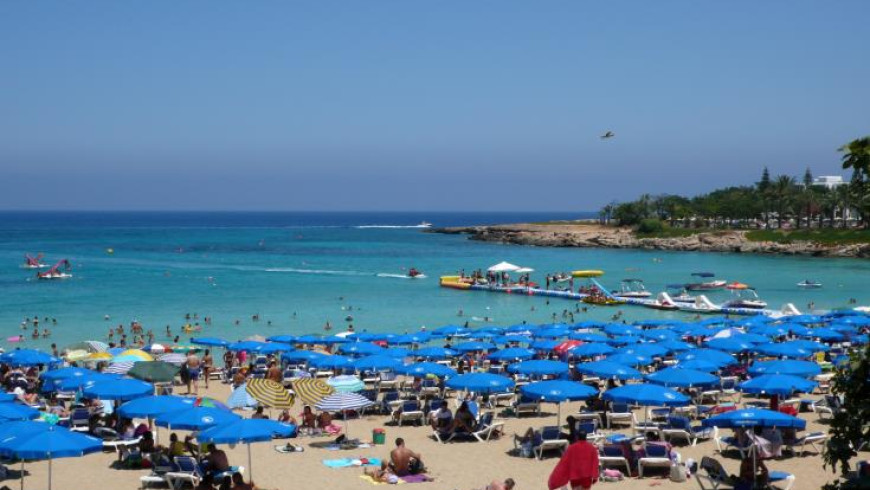
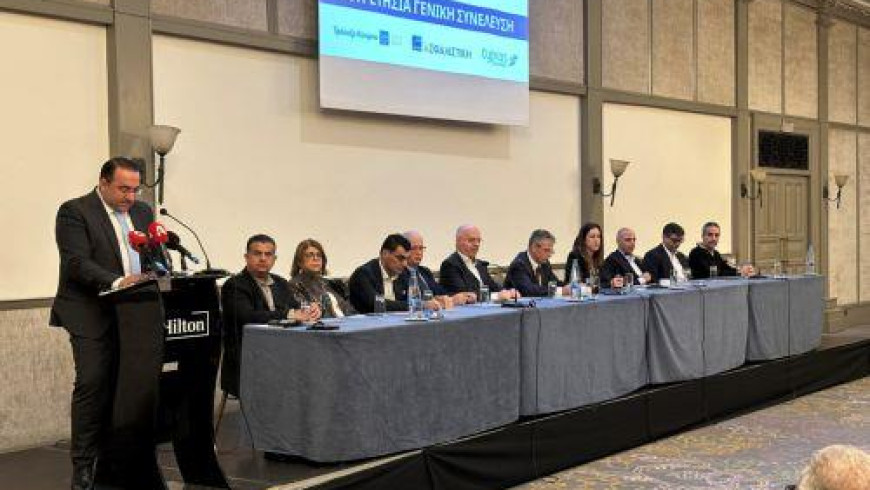
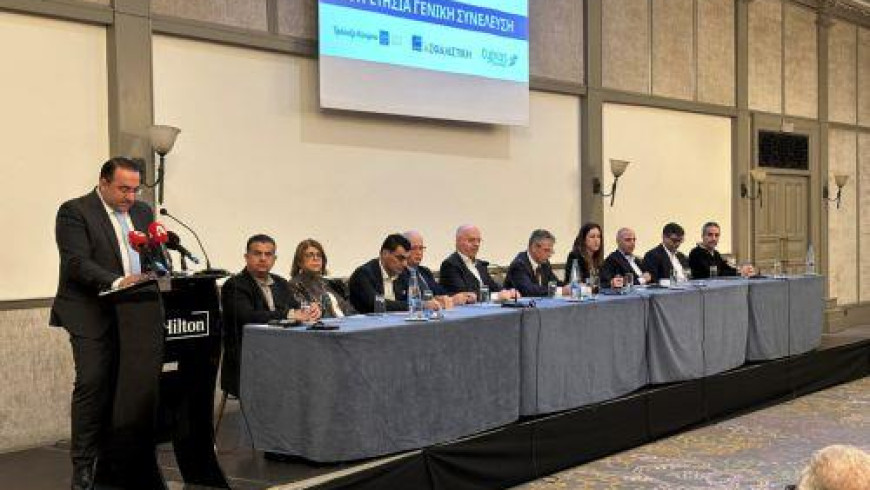




 3287.99
3287.99 1275.09
1275.09
